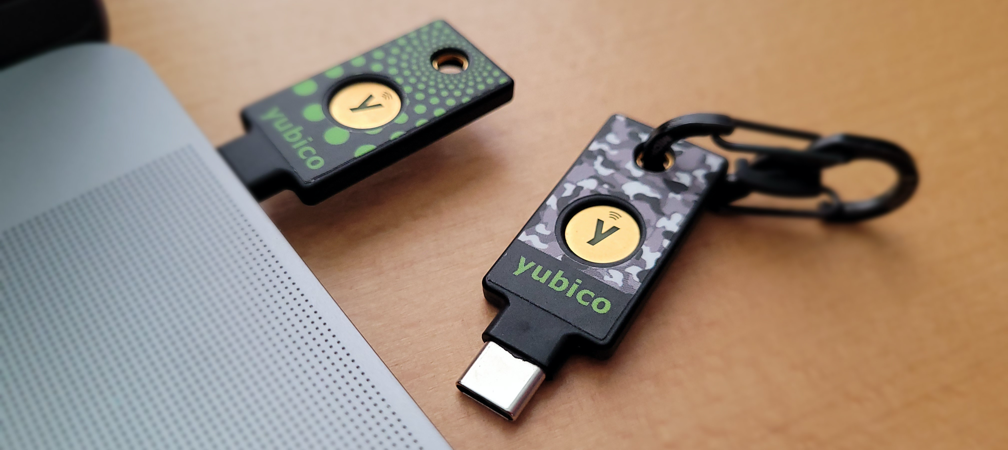The Verge ran a story earlier about Canonical creating a docking station that provided Ubuntu desktop access for your smartphone.
I called this at least two years ago. Not the specific instance of Canonical releasing a desktop dock for Android device plug-in, but the idea of how this will change computing. If you discount some of the newest quad-core and 8-core systems out there, the latest mobile phones aren’t too far behind laptops in their power. Certainly they don’t have the graphics horsepower but I don’t see that as an issue.
I imagine a new computing setup where your main - and perhaps only - device is your mobile device. Think Galaxy Note here. You’re at the office and instead of using a desktop computer or laptop you use your mobile device alongside a docking station with dedicated horsepower and graphical capability. You essentially “side load” additional processors, RAM, and even disk storage (or you access cloud storage such as DropBox, Amazon S3/Cloud, or the newer Bitcasa). When connected to this system you’re able to do most normal things you would do on your computer. And when you’re done you disconnect, grab your device and head home.
The thing I haven’t worked out is the software aspect. What if you’re a huge Adobe Photoshop user. Are you going to have a version of this on Android or does your connection to the docking station bring about connections to typically laptop/desktop-only software? I think this will be worked out in the next 2-3 years and in 5 years we may all be using a setup like this.
